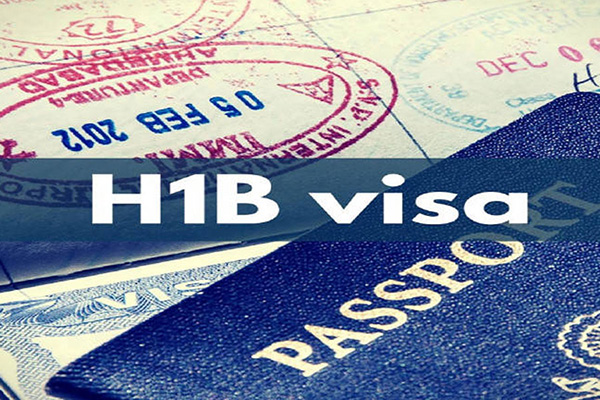The Trump administration said on Friday that it will compel corporations to pay $100,000 annually for H-1B worker visas, which is a significant blow to professionals in the US who now hold visas. The IT industry, which mainly depends on workers from China and India, is expected to be significantly impacted by this shift.
The H1-B non-immigrant visa program is one of the “most abused” visa systems in the nation’s current immigration system, according to White House Staff Secretary Will Sharp. The move aims to protect American workers while giving businesses a way to hire “truly exceptional people” and bring them to the United States.
Rules for H-1B Non-Immigrants
President Trump signed a proclamation on Friday banning the entry of certain non-immigrant workers. According to the announcement, “The Department of Homeland Security and the Department of State will coordinate to take all necessary and appropriate actions to implement this announcement and deny entry into the United States to any H-1B nonimmigrant whose prospective employer has not made the payment described in Section 1 of this announcement.”
In light of President Trump’s new decision on H-1B visas, it is important to thoroughly understand the details and definition of H-1B nonimmigrants.
According to U.S. Citizenship and Immigration Services, “Your spouse and unmarried children under the age of 21 may seek admission in the H-4 nonimmigrant classification. Certain H-4 dependent spouses of H-1B nonimmigrants may file Form I-765, an Application for Employment Authorization, provided the H-1B nonimmigrant has initiated the process of obtaining employment-based lawful permanent resident status.”
This means that families of H-1B visa holders often come to the United States on H-4 visas. This visa is granted to the H-1B employee’s spouse and unmarried children under the age of 21. Their stay in the country is directly linked to the H-1B holder’s status. If the employee loses their job or status, the dependents’ legal stay also ends.
H-4 family members are allowed to study full-time or part-time without requiring a student visa. However, the possibility of working is limited. In some cases, especially if the H-1B employee has reached a stage of the green card process, such as an approved I-140 petition, the spouse can apply for a work permit. Children with H-4 visas are not permitted to work.
Dependents can travel outside the United States as long as their visas remain valid. They can also be included in the green card application process with the H-1B employee.
The H-1B program is believed to grant approximately 65,000 visas annually to employers who bring in temporary foreign workers in specific fields. According to a report published by Reuters, India was the largest beneficiary of H-1B visas last year, with 71 percent of approved beneficiaries being from India.
Meanwhile, following the Trump administration’s steep increase in H-1B visa fees, tech giants like Amazon and Microsoft have warned families of employees working on H-4 visas to avoid international travel. According to Reuters, the new $100,000 entry fee primarily applies to H-1B employees, but under the revised rules, re-entry from abroad may be treated as a new application.
This raises concerns that H-4 dependents may face delays or complications at US borders. Although there have been no changes to H-4 visa rules, companies say non-essential travel should be avoided until it becomes clear how these changes will be implemented.
(With agency input)

